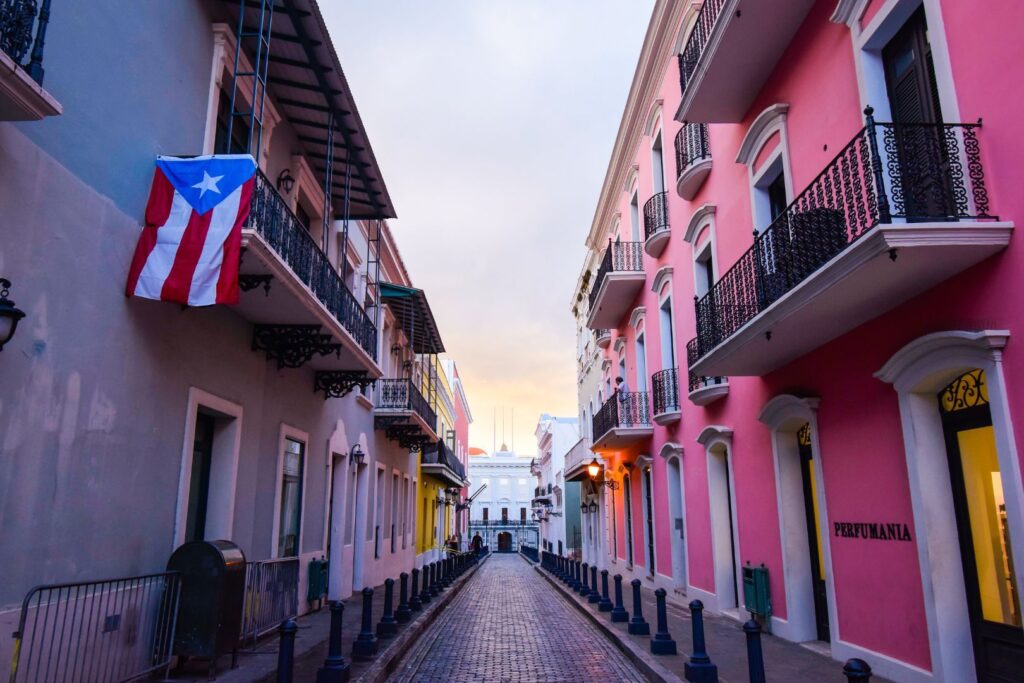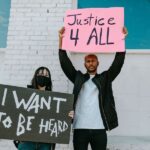
The University of Georgia School of Law’s First Amendment Clinic filed a “friend of the court” brief on behalf of multiple free speech and free press organizations urging the federal First Circuit Court of Appeals to affirm a permanent injunction of Puerto Rico’s false information law. The law criminalizes publishing or disseminating “false” notices or alarms during any state-declared emergency or disaster. The brief emphasizes how similar laws in other countries have become tools for suppressing legitimate news reporting and citizen dissent.
The free exchange of information assumes heightened importance during times of emergency when facts and knowledge are often rapidly evolving and changing. In such circumstances, there may be contradictory or incomplete knowledge about the situation, and the urgency to share information may result in unintentional errors. This heightens the risk that a speaker will be charged with knowingly communicating “false” information, even if the speaker had good reason to believe the information was true at the time of dissemination, or if the information remains true but is inconvenient or unflattering for the government and therefore decried as “false.”
Puerto Rico’s law is also broadly worded, giving the public little guidance about what speech is prohibited while affording state prosecutors broad discretion to selectively charge speakers whose messages the government dislikes. For example, the law does not require that any actual harm have resulted from the “false” speech, only that it create “imminent risk” to one or more person’s health or safety, or “endangers” property. These vague, undefined terms make it easy to accuse an unpopular speaker of violating the law. This is chilling on citizens and journalists who intend to convey accurate information but do not wish to risk being prosecuted.
Finally, by chilling the free flow of information Puerto Rico’s law infringes on people’s First Amendment right to listen and receive ideas from others, reducing the range of facts, opinion, and viewpoint that are available. As argued in the brief, this “deeply impoverishes the First Amendment interests of speakers and listeners at large” during times when the public’s need for information is at its peak.
The brief urges the First Circuit Court of Appeals to affirm the trial court’s ruling that Puerto Rico’s law is facially unconstitutional and cannot be enforced.
The brief was authored by Clinic students Ben Privitera, Ellie Wilson-Wade, Clinic Director Clare Norins, and Clinic Fellow Christina Lee on behalf of amici curiae the Electronic Frontier Foundation, the Foundation for Individual Rights and Expression, Free Press, the Foundation for Freedom of the Press, and PEN American Center, Inc.
Case Name: Rodriguez-Cotto, et al. v. Gonzalez-Colon, et al., No. 23-1626 (1st Cir.), Civil No. 20-1235 (D.P.R.)

The Issue
Free Speech
The First Amendment protects the right of private individuals to engage in speech and expression without being censored or punished by the government because of their viewpoint. While the government may constitutionally regulate the time, place, and manner of private speech in public forums it must do so in a viewpoint-neutral manner and, depending on…
Explore Issue